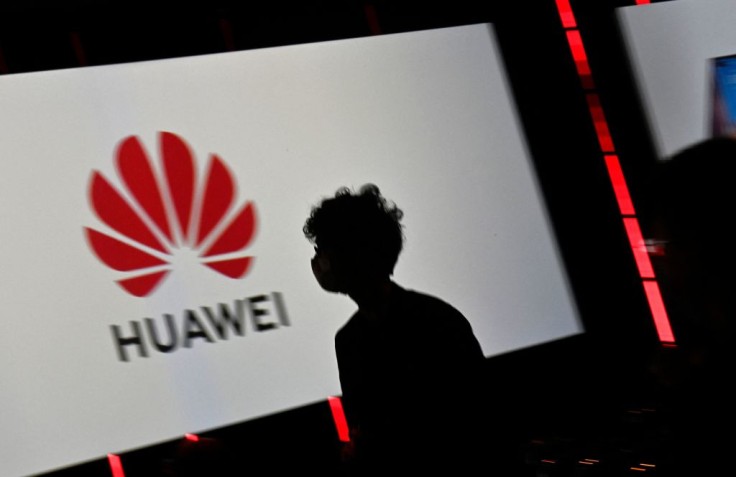
Canada has banned Huawei and ZTE from its 5G Network.
According to a memo from the Canadian government's Ministry of Industry, it has banned the two Chinese companies from its 5G network to ensure "the long term safety of [its] telecommunications infrastructure."
ZTE and Huawei have expressed their disappointment with the Canadian government's ban on them, per a BBC report.
Canada Ban on Huawei and ZTE Details
A separate memo the Ministry of Industry released regarding the ban on Huawei and ZTE said that the Government of Canada has serious concerns regarding Huawei and ZTE. Canada's Industry Ministry stated that the two companies could be compelled to comply with extrajudicial instructions from foreign governments in ways that would conflict with Canadian laws or, worse, would be detrimental to Canadian interests.
Canada is not alone in its suspicions either. Canada's closest allies, including the United Kingdom, the United States, Australia, and New Zealand, share the same or at least similar concerns about the two companies due to the potential cascading economic and security impacts a telecommunications supply chain breach could cause.
The Canadian government plans to prohibit Canadian telecommunications service providers from using Huawei and ZTE products and services in their 5G networks to put this ban into effect. This prohibition includes:
- The use of new 5G equipment and managed services from Huawei and ZTE, while existing 5G equipment and managed services from the two Chinese companies must be removed or terminated by June 28, 2024
- Any use of new 4G equipment and managed services from Huawei and ZTE, while any existing 4G equipment and managed services must be removed or terminated by December 31, 2027
Canadian telecommunications service providers are expected by its government to stop acquiring new 4G or 5G equipment and associated services by Sept. 1. Moreover, those providers that use equipment and managed services from Huawei and/or ZTE would be required to comply with any assurance requirements prescribed by the Canadian government during the previously mentioned transition periods.
"Let me be very clear: we will always protect the safety and security of Canadians and will take any actions necessary to safeguard our telecommunication infrastructure," Francois-Philippe Champagne said. "In a 5G world, at a time where we rely more and more in our daily lives [on] our network, this is the right decision.
Champagne is Canada's Minister of Innovation, Science, and Industry.
As a result of this move, Canada became the latest member of the Five Eyes intelligence alliance to have placed bans or restrictions on Huawei and ZTE's equipment and managed services, per The Verge.
The Five Eyes intelligence alliance is made up of Australia, New Zealand, the UK, and the US, aside from Canada.
You may remember that former president Donald Trump banned Huawei during the last years of his presidency due to the national security risk it posed, per a Reuters report. Meanwhile, President Biden signed a law that banned Huawei and ZTE from getting approval for network equipment licenses in the US, per ZDNet.
Huawei and ZTE's Response
Huawei Canada said it was "disappointed" by the Canadian government's decision, which appeared to have been a political one, as mentioned in its statement.
"This is an unfortunate political decision that has nothing to do with cybersecurity or any of the technologies in question," Huawei Canada said.
The company also explained that its equipment had been "closely scrutinized" by the government and security agencies, adding that there had been "zero security incidents caused by Huawei equipment."
It also said in its statement that the ban would only make the cost of communications in the country higher and would only lead to significant economic loss.
ZTE, meanwhile, said in a statement that it doesn't agree with the Canadian government's "premise," saying it was "highly speculative." It also added that it has always followed international standards and best practices, even opening up its cybersecurity labs to subject them to regulator and stakeholder scrutiny to verify the security of its products.
Related Article : Lucid Air Deliveries Begin in Canada - Here's How Much It Costs









